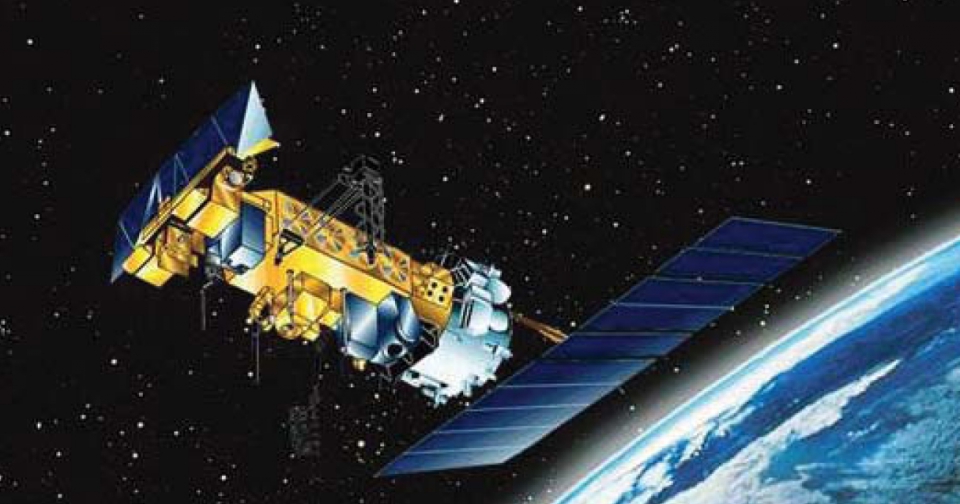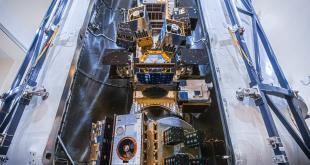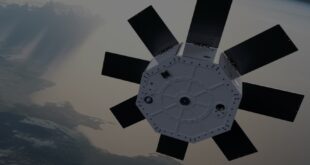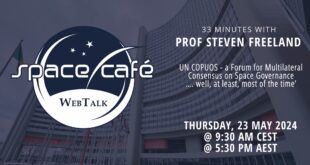
Ibadan, 9 August 2023. – The National Oceanic and Atmospheric Administration (NOAA) has, through its Commercial Remote Sensing Regulatory Affairs (CRSRA) office, announced the modification of operating licenses of multiple commercial satellite systems. These license conditions had previously restricted the operations of commercial satellites, preventing them from offering their full remote sensing capabilities to the public.
On July 20, 2020, NOAA implemented new, specific regulations on private remote sensing systems. The previous approach attempted to control in perpetuity the national security risk each remote sensing system introduced, regardless of the pace of commercial innovation. However, the new approach focused on the increasing foreign competition in the global remote sensing market and strove to maximize U.S. industry leadership while minimizing the imposition of national security conditions.
Furthermore, NOAA modified the licenses of its Tier 3 licensees to remove 39 individual temporary conditions. Other changes included: a reduction of global imaging restrictions for certain imaging modes to permit imaging and distribution for all but less than 1% of the Earth’s surface; removal of some Non-Earth Imaging & Rapid Revisit conditions; and most notably, removal of all of the current X-Band Synthetic Aperture Radar (SAR) temporary conditions.
“NOAA is fulfilling the commitment we made to the industry in our 2020 regulations,” said NOAA Administrator Rick Spinrad, Ph.D. “We said these temporary restrictions would last no more than three years, and three years later, we lifted them. U.S. capabilities lead the world in this important market, and this licensing change will maintain that lead.”
In addition to the restriction removal, NOAA retained a small number of temporary Tier 3 conditions to protect national security at the request of the Secretary of Defense. As a result, the Secretary of Defense must revalidate the remaining conditions each year until they retire.
 SpaceWatch.Global An independent perspective on space
SpaceWatch.Global An independent perspective on space




